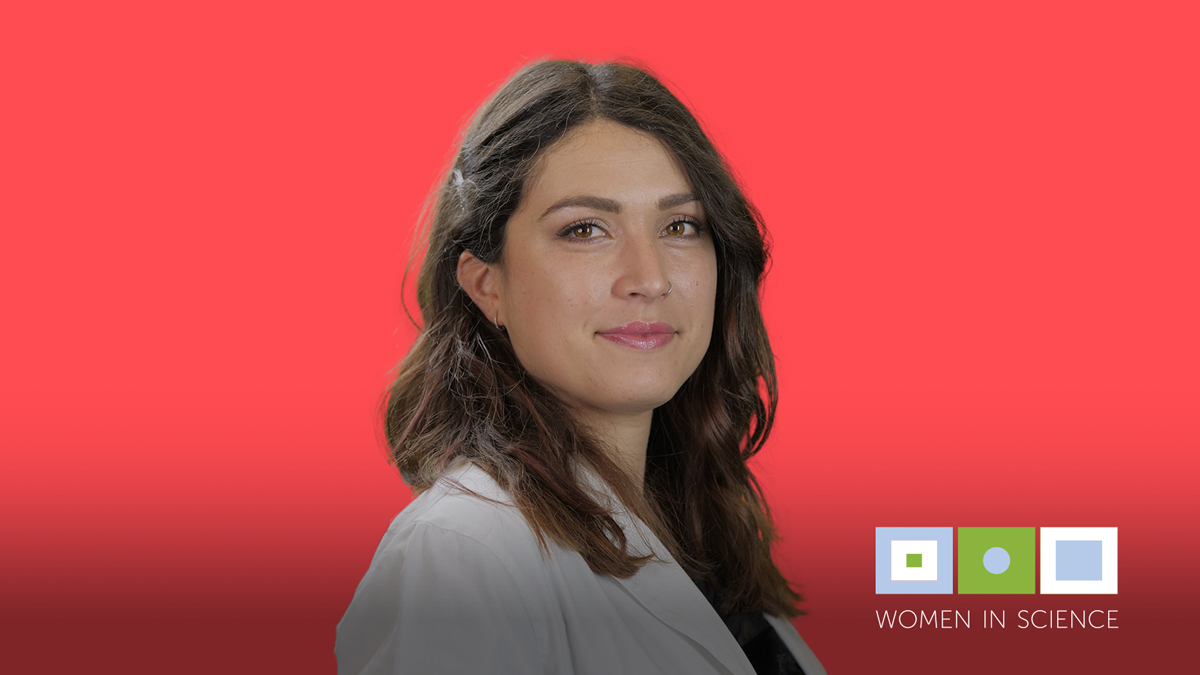Spotlight on Women in Science: Giulia Guerrini

Around the world, women are making important contributions to life sciences. In this series, we chart the career progression of notable women across the industry to find out what drew them to study science and how we can encourage more women to consider a role in STEM.
In this edition, Giulia Guerrini, the lead pharmacist for digital pharmacy medino, discusses her journey from classics student in Italy to start-up superintendent and why it’s important to champion women in leadership positions.
What inspired you to pursue a career in life sciences?
Since I was young, I knew I wanted to do something related to medicine and health. I have always found the human body so fascinating and complex, and have always been curious to understand how things work and how we work.
Despite my interest in health, before going to university, I actually took a completely different path and studied “Classical Studies” in high school, so subjects such as ancient Greek and Latin. But I had an excellent chemistry and biology teacher that ignited my passion for medical subjects, so after high school, I opted for a degree in organic chemistry related to pharmacy. Soon after I obtained a master’s degree in chemistry and pharmaceutical technology in Italy, I decided to move to the UK to work as a pharmacist.
What has your career path been? How did you arrive at your current role?
Before joining medino, I built my career as a Locum Pharmacist in various pharmacies in London. I worked with all kinds of patients, cases, and pharmacy environments, and this allowed me to gain the perfect background to help a wide range of customers across the UK.
I always love thinking outside the box, and I see myself as being creative and explorative – all reasons why I decided to join medino, a start-up digital pharmacy company, as superintendent pharmacist to be involved in a forward-thinking project that revolutionises the way we think about the pharmacy industry.
Thanks to this experience, I have been able to advance training in other fields such as buying, digital marketing, content writing, and tech while continuing to focus on developing my clinical expertise as well as my knowledge in other branches of medicine, like nutrition and supplements.
What has been the biggest challenge you have had to overcome in your career, and what did you learn from it?
If I’m honest, the biggest challenge for me was to adjust to the UK pharmacy system. As I said, I graduated in Italy and worked in pharmacies in Italy for a while, and the system and role of pharmacists is totally different. When I converted my degree here in the UK, I had to learn a totally new set of laws, guidelines, and ways to operate.
Despite this being challenging at first and definitely intimidating, I found the pharmacist role in the UK much more interesting and recognised as an integral part of healthcare. I think this experience certainly gave me the confidence to advance in my career. I have learnt that if you want something and work hard for it, it doesn’t matter how challenging it may be, you will get there.
Why is it important to encourage girls and young women to pursue life sciences roles?
Unfortunately, our society has for a long time labelled (and still does in some cases) things, jobs, and activities as a “woman” or “man” role. I can’t deny that pursuing a career in a role that historically has mainly been covered by men can be intimidating, but I believe that if you are passionate about something, you’ll most likely be great at it.
I work with many female colleagues, and not just in life sciences roles, and I can definitely say they are all truly amazing at what they do and inspiring. Of course, we all need to work hard towards our goals, they are not a given, but that is for everyone.
How do you think the role of women in leadership positions is changing?
I believe we can say that more and more women now cover high positions within our sectors, but it’s still not equal. Most companies are now aware of gender inequality in the work environment, but it’s important that women reach more senior positions because of their merit, and not just because the company needs to show that it is working towards a balance between male and female employees.
I think work still needs to be done to achieve gender equality, both by companies in the hiring and career progression process and by women, who need to believe more in their skills and come forward.
What advice would you give to girls or young women who are contemplating a career in life sciences?
If this is what you like, go for it. Do not think twice. It’s fun and challenging but in a good way. You are constantly learning, and every day is different. You can pretty much shape your role and experience as you wish, and you can choose the branch you prefer working towards within our sector.
My advice is: do not limit yourself and take some risks. If an opportunity for something new, something different, maybe even a bit scary, arises for you, give it a go. You might be surprised by what you can achieve.
How can the pharmaceutical industry encourage more women to take up a career in science?
In general, the light should be shined on female senior figures. Discussing such a topic might sound redundant for some, but it’s extremely important as it can encourage many women to step forward and progress in their careers.
I think one of the obstacles for women taking up senior positions is often family. The limited government allowance in the UK for both maternity and paternity leave can discourage people from taking up more senior positions. I am referring to both males and females because I believe that it is important that partners can share family duties, allowing both to also focus on career development and progression.











